The following is a transcript of an interview with Good Governance Africa SADC Executive Director Chris Maroleng with television channel Newzroom Afrika on the arrest of ZImbabwe journalist Hopewell Chin’ono ahead of anti-corruption protests planned for July 31 2020
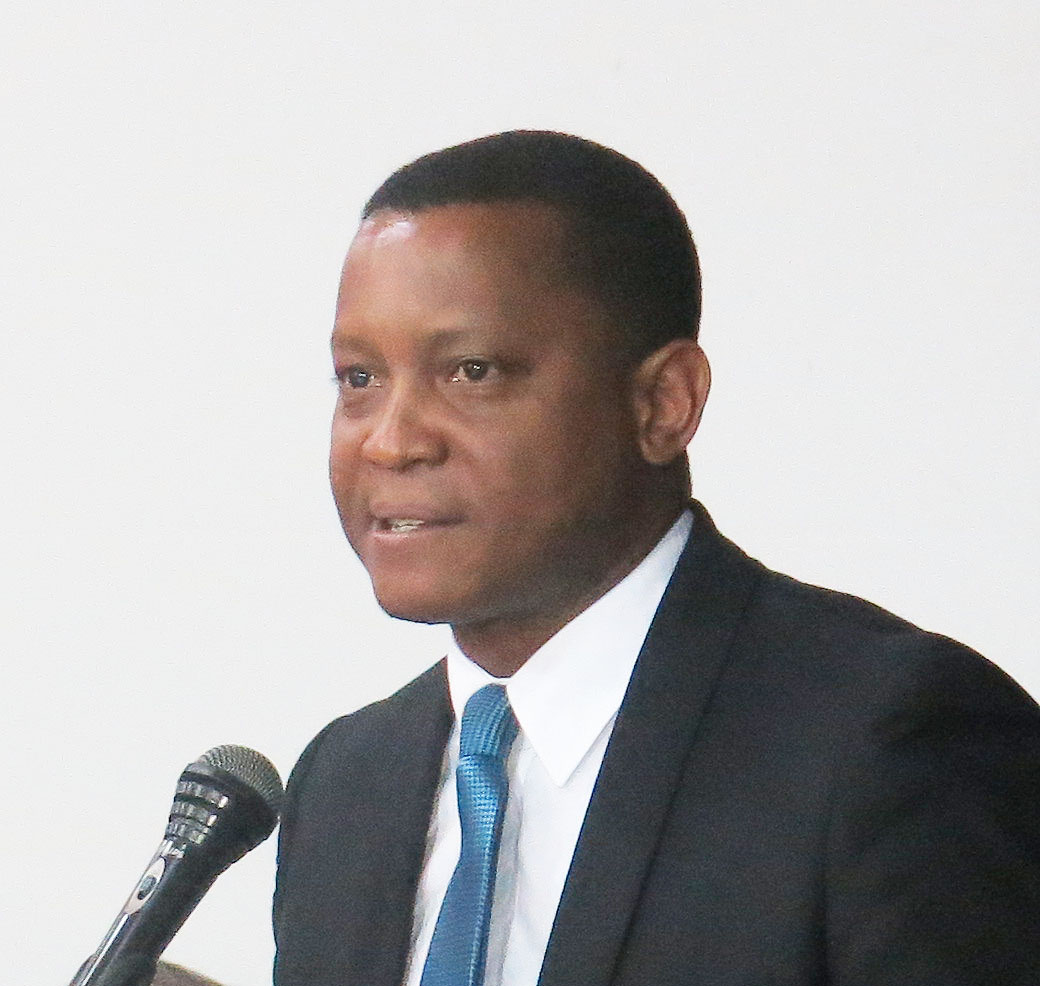
Chris Maroleng
(The video is below the transcript.)
MPHO SITHOLE (NEWZROOM AFRIKA ANCHOR) Hopewell Chin’ono is one of the few journalists who has constantly, and perhaps consistently ensured the story of police brutality in Zimbabwe is told, corruption is exposed and we know he has told stories of the abuses, of the abuse of the late MDC leader Morgan Tsvangirai and so forth, and now he has become a target by the look of things. The government has been eyeing for some time. What was the last straw?
CHRIS MAROLENG: Absolutely and good morning to you Mpho. Hopewell Chin’ono has been a stalwart of investigative journalism and general coverage of affairs relating to Zimbabwe for close to two decades in that country and certainly since I have started doing work and indeed even covering Zimbabwe. I worked very closely with Hopewell Chin’ono and I can say that in all of the things and stories that we covered he carried himself with the greatest amount of integrity and dignity and it’s very sad today to find that Hopewell Chin’ono has been arrested really because he has been doing his job which is to bring us the latest news and information on Zimbabwe. And he was in the process of unveiling deep levels of corruption in relation to the supply of Covid-19 equipment that was being provided by the government of Zimbabwe to the people. This malfeasance by the government has really resulted in him unfortunately now being arrested and detained. As of yesterday we understand that he was in detention at Harare central police station where his lawyers were able to make contact with him.
MS: Now just last month Hopewell Chin’ono said that he feared for his life after the ruling ZANU-PF party spokesperson accused him of trying to embarrass the president by linking the president’s family to alleged corruption related to the Covid-19 contracts. In terms of the charges that Chino’ono stands accused of, what do we know about those?
CM: We understand that he has been charged on spurious charges of inciting people to violence. Effectively the government is arguing that Hopewell Chin’ono, through his utterances of really exposing this corruption, but more importantly of also inviting people to participate in lawful protest action, which is planned for the 31st of July, that he was acting in a manner that incited people towards violence. This has not been proven, because as you know, this event has not occurred, there has been no violence that Mr Chin’ono has been part of, but more importantly, that these protest actions, the planned protest actions, are said to occur in a very peaceful manner. So it’s unfortunate that these steps have been taken, but not surprising as this seems to be the stock-in-trade of the government of Zimbabwe, who from time to time do lock up, intimidate, harass, even abduct opponents of the state in that country. So certainly if you want to understand more about this, we at Good Governance Africa have shined a spotlight on this before the 31st of July protests which shall be occurring in Zimbabwe against corruption, basically showing this through our editorial processes. We are currently in the midst of editorial coverage of what will be going on in Zimbabwe so we invite all people who are watching today who are interested in Zimbabwe, to log onto our website, which is www.gga.org where you can find out more about what’s going on there.
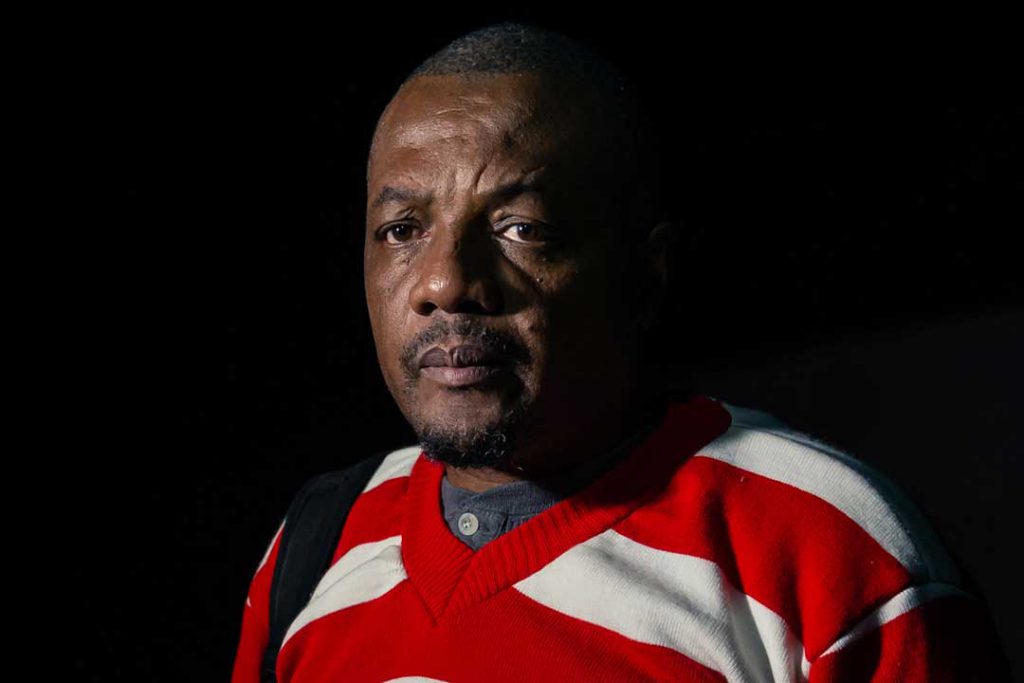
MS: Its quite telling because in recent months we’ve seen journalists, doctors, nurses, and so forth being among the hundreds who have been striking and protesting, striking for better pay and being arrested for it. Surely this is a worrying trend against free speech in Zimbabwe?
CM: Certainly as the political tensions increase in Zimbabwe, what we have seen by this administration led by President Emmerson Mnangagwa, has been a narrowing of democratic space. That has been to say that people who protest about living conditions, about the difficult situation, the economic and social situation in Zimbabwe that has declined since the entrance of Emmerson Mnangagwa’s government, they have found themselves being targeted, not just as protestors, but as enemies of the state. We have seen increasing numbers of arrests of political activists, including political opposition activists and this has been a worrying feature not just of this administration under President Emmerson Mnangagwa, but certainly a feature under the ZANU-PF administration for decades, more than three decades, since the ascendancy of President Robert Mugabe who was subsequently removed in a coup by the military in that country and replaced by Emmerson Mnangagwa. So, having said this, what we are really calling for in Zimbabwe is for that administration to respect the rule of law, to respect human rights and the civil liberties of their people and to make it right with people like Hopewell Chin’ono who have been unwarrantedly detained and put in prison for simply doing their job, which is highlighting the rot and corruption that we are increasingly seeing in that country.
MS: As you speak about the narrowing of the democratic space under Mnangagwa’s rule we know that for the longest time the focus was on iron-fisted President Robert Mugabe’s leadership, but the problem of political intimidation seems to be escalating. When assessing the entire situation and looking at the rule under ZANU-PF, where are the holes that are leading to a continuation of the same old?
CM: So what we have noted at Good Governance Africa is that there is a structural deficit in democratic practice in Zimbabwe and this goes beyond Emmerson Mnangagwa to, as you correctly point out, to periods during the Robert Mugabe (era), and this is due to really weak institutions in that country, weak legislative institutions who do not play a proper oversight role on the executive. Those in the executive like the state security apparatus seem to operate with impunity in that country without fear or deference to any authority, and certainly the lack of respect for the general civil liberties of the people of that country. That is why we have seen so many people in that country voting with their feet, because the electoral environment in Zimbabwe has been marred by instances of illegitimate outcomes, if we can put it that way, that have really called into question whether ZANU-PF as the governing party in that country is really dedicated to democratic practice and indeed the upholding of civil liberties in that country.
MS: What are the outcomes, or certainly the next moves, that are expected in this matter?
CM: Well typically what happens is that the accused, being Hopewell Chin’ono and others in this case, are expected to appear before the courts really to be formally charged. As of last night, what we understood from Hopewell Chin’ono’s lawyer, Beatrice Mtetwa and others from the Zimbabwe Human Rights Lawyers Association, was that no formal charges had been indicated to Mr Chin’ono, really indicating to us again that this is just an attempt to harass and place an unfair cost on those who highlight the malfeasance of the government in that country. And I think it is incumbent on all democratic-loving citizens of Zimbabwe, but certainly within the region, even us here in South Africa, to call upon the government of that country, to release Hopewell Chin’ono and others who have been detained on false pretences, who are simply trying to highlight the bad governance that is occurring in that country. We have said over and over again at Good Governance Africa that one of the keys ways that will bring about better livelihoods, better living standards for the people of Zimbabwe and any other southern African country is if our governments respect the rule of law, engage in effective governance in line with sound democratic practices and support institutions that are put in place really to support the interests of the people of that country and certainly within our region.
Chris Maroleng is an accomplished public and corporate affairs practitioner with close to 20 years working experience, specialising in strategy, research, media, communication, security, corporate governance and public affairs. Prior to his GGA appointment, Chris was the Chief Operations Officer of the South African Broadcasting Corporation (SABC), where he was responsible for the organisation’s turnaround strategy, improving the SABC’s cash balance, enforcing governance and driving efficiencies within the operations cluster, as well as promoting a performance culture for optimal outcomes. With a sound understanding of what drives a successful business, as Group Executive for Corporate Affairs at Africa’s largest mobile operator, MTN, he assisted the company through a tumultuous period during which it was faced with a huge penalty that could have placed the organisation in an untenable situation. Chris also spent six years at eNews Channel Africa (eNCA), where he was Africa Editor, and head of department for the Africa division. As an integral member of the eNews founding management team, key among his successes during his tenure was the establishment of the eNews Africa division. Prior to joining eNews, Chris worked at the Institute for Security Studies (ISS) in the African Security Analysis Programme (ASAP), as a senior researcher in peace and security issues in Africa, and where he published extensive reports related to African affairs. Chris holds a MA in International and Comparative Politics from the University of Cape Town. He was also a Menell Media Fellow, at Duke University’s Dewitt Wallace Center for Media and Democracy.

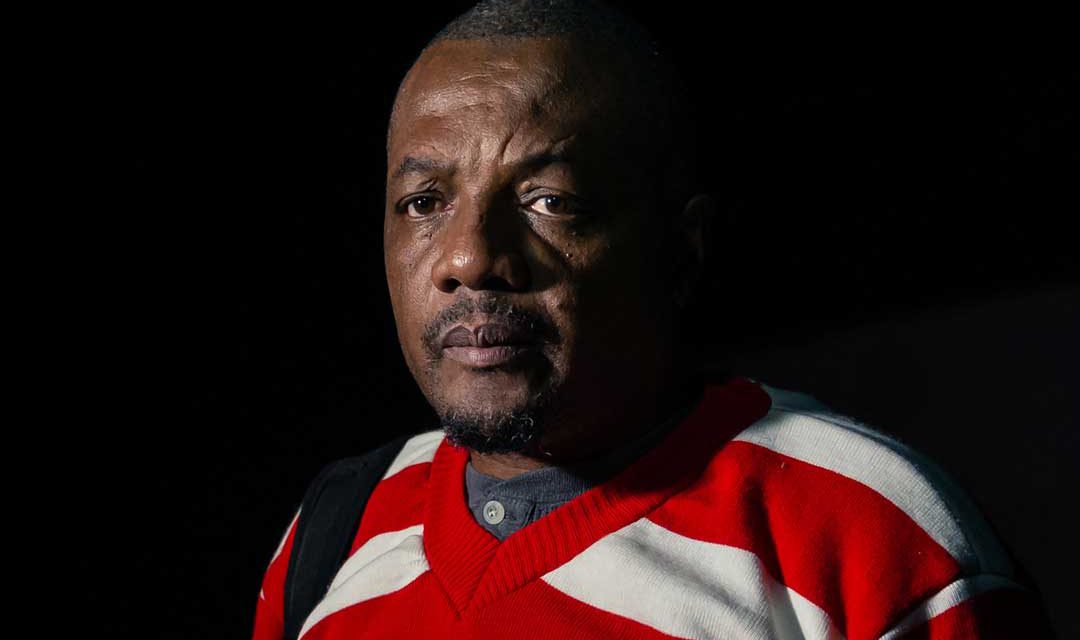
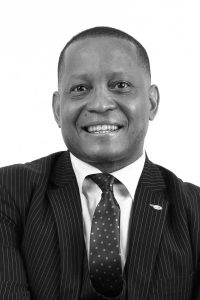
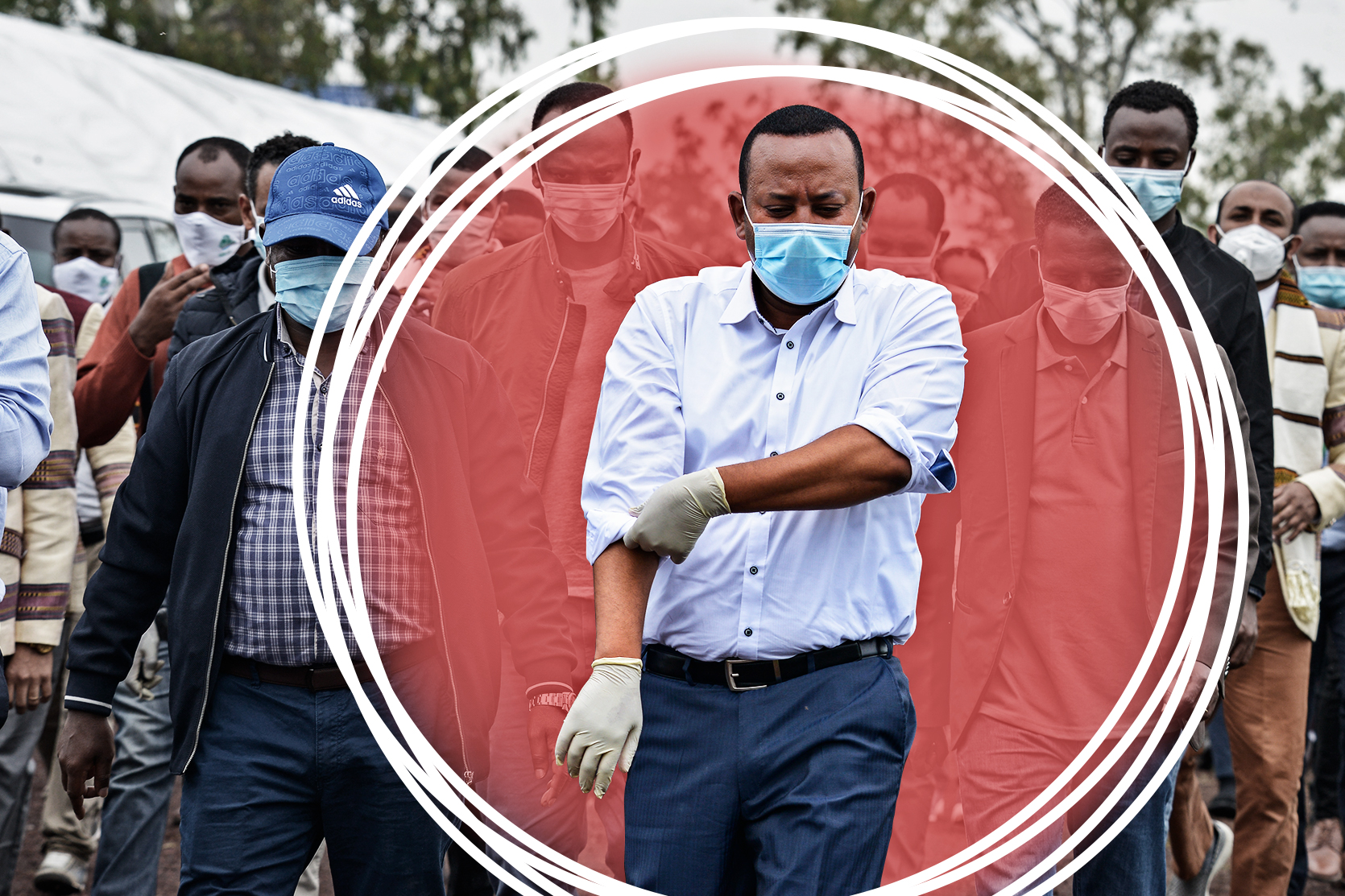
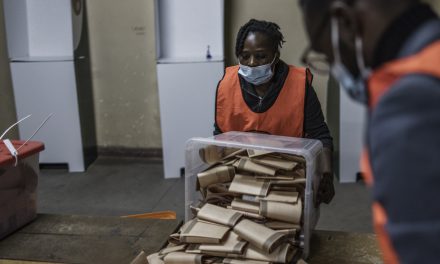
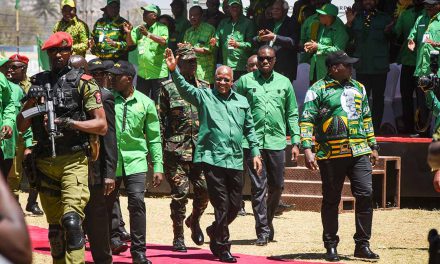
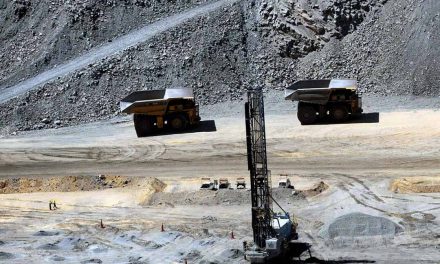


SADC, AU , PAP & UN must urgently intervene concerning Mr Hopewell Chinono s unconditional release in Zimbabwe.
NB: 26 years of gross constitutional human rights violations inequality and injustice against SADF , Amabutho/KZNSPU , USMILVETSSADFMVA & Others since 27/04/1994 till present.
From: Force No: 87767273HH/PE/BV
Rank : Lance Corporal ( LCpl )
Name : Sthembele Themba Joel Moko Tshawe Soldier Ex-Combatant Military Veteran RSA GP Vaal Sedibeng Emfuleni Evaton North
Organisation : SA Unintegrated Forces United Front ( SAUIFUF )
Capacity : Secretary General
Cell No : 0798428388 / 0792596391 /0837368374 / 0637897036 Facebook/What’s App
E-mail : sauifuf@gmail.com / thembamoko8@gmail.com
Hi Themba,
Many thanks for your response. Kindly keep an eye on our page for more*
NB: There must be Justice , Peace Security and Stability. Universal Human Rights and Peoples Charter must be implemented.
Hi Themba,
Many thanks for your response. Kindly keep an eye on our page for more*